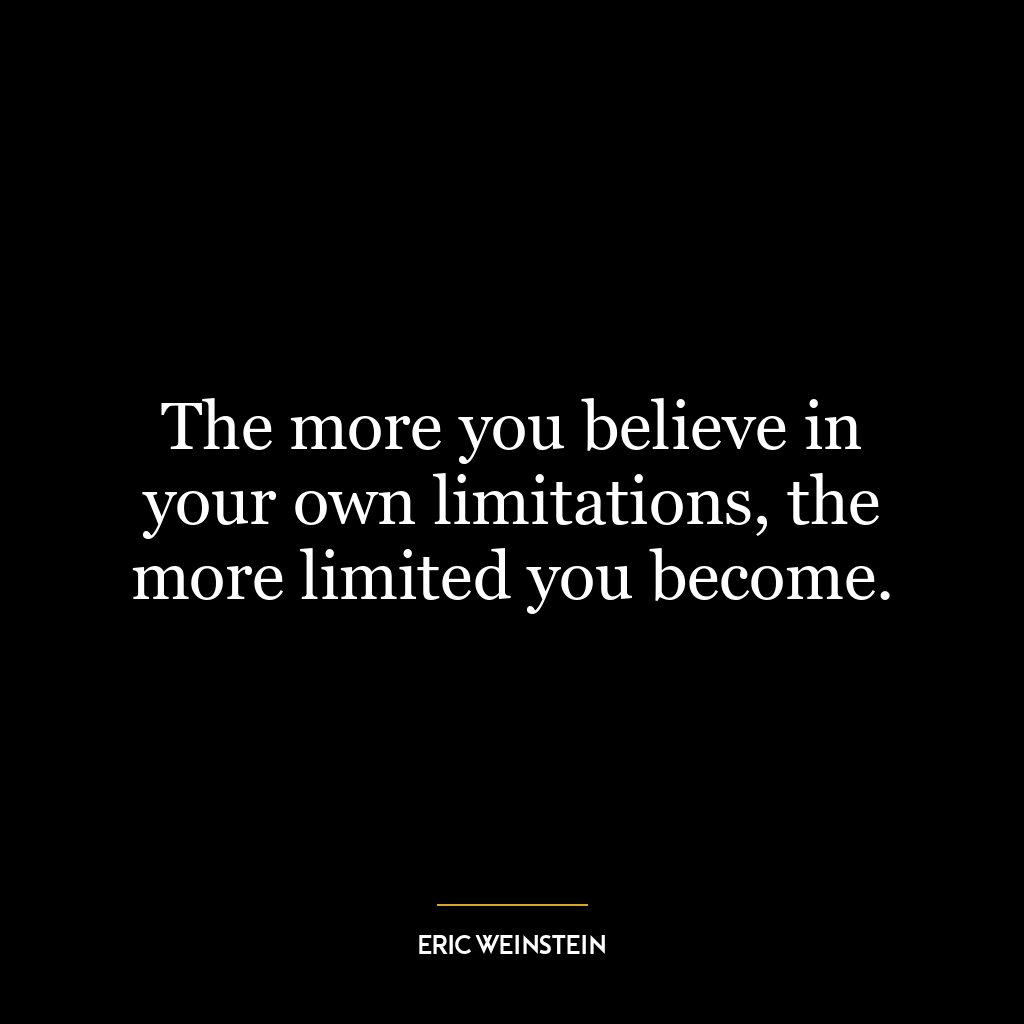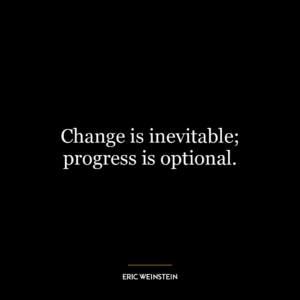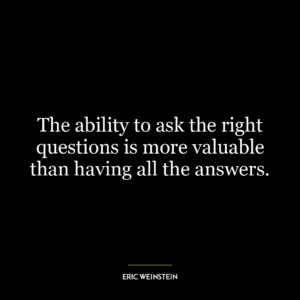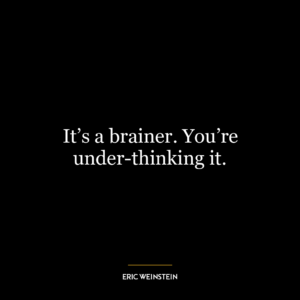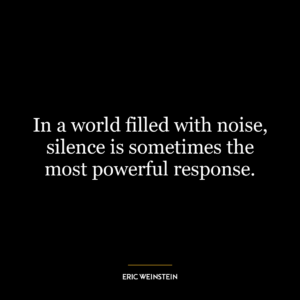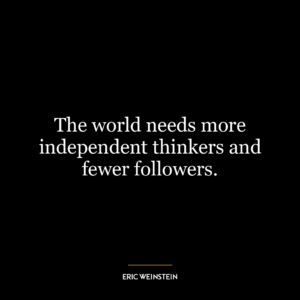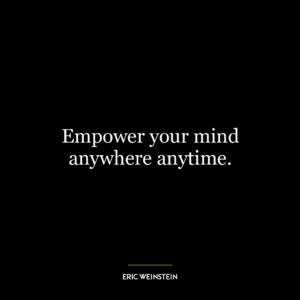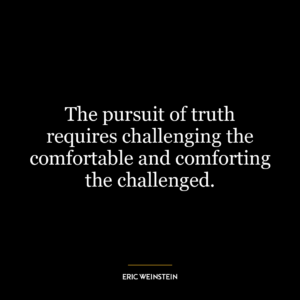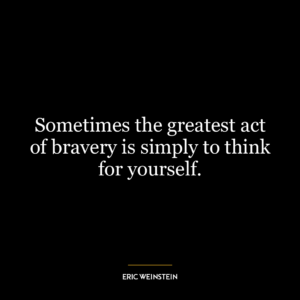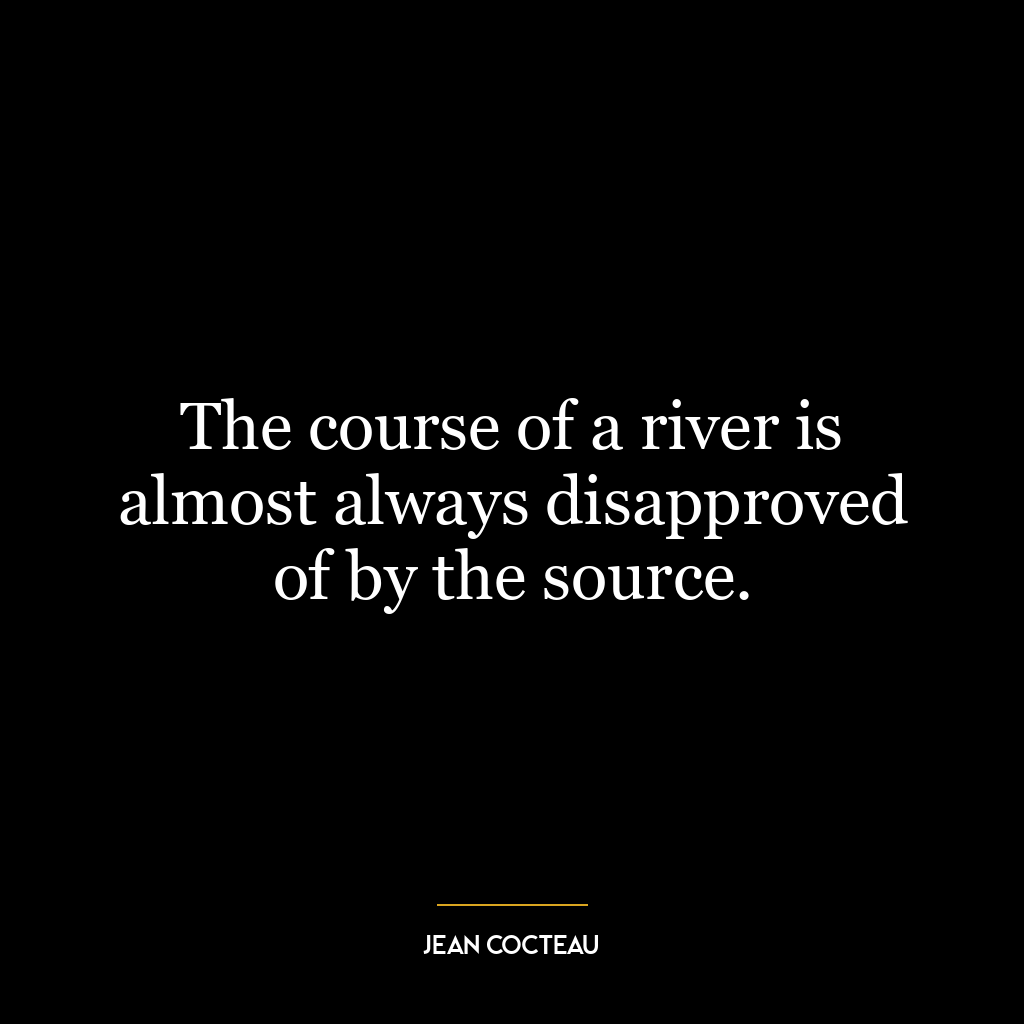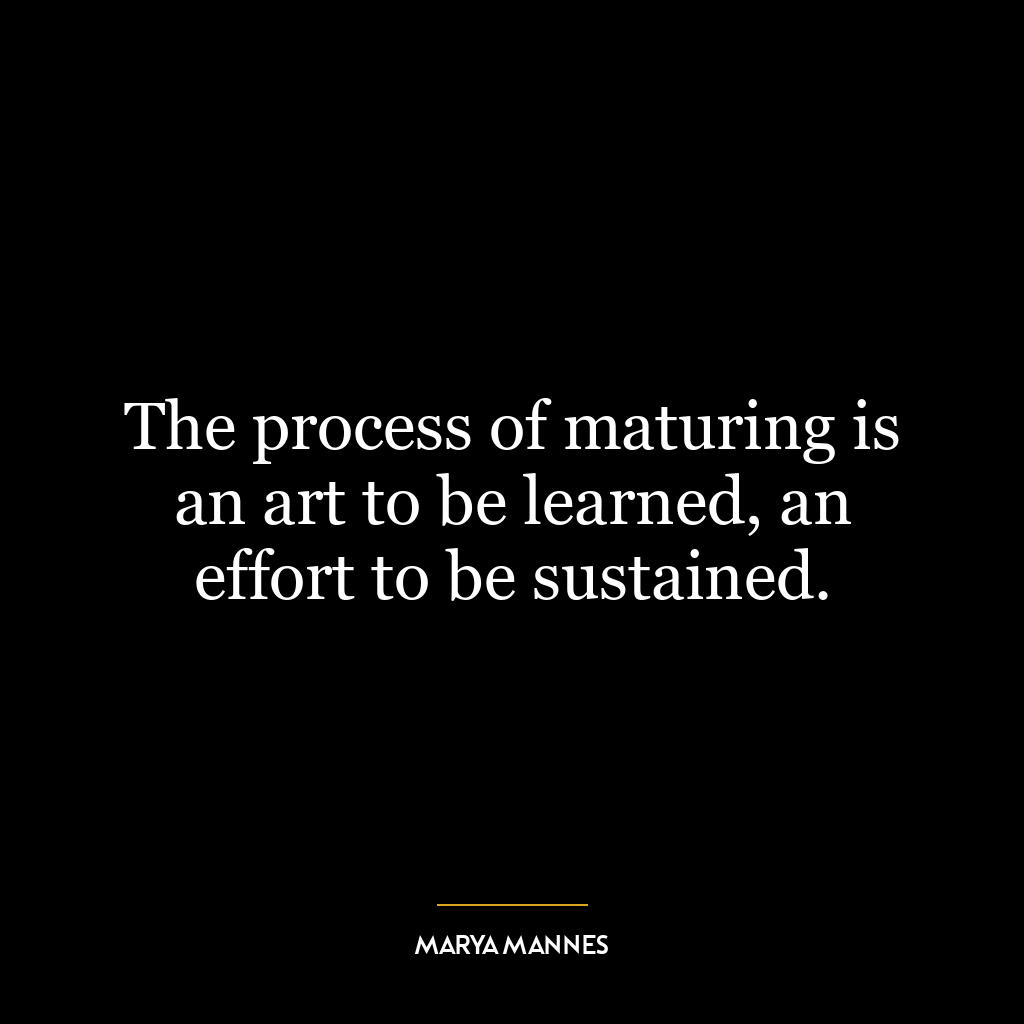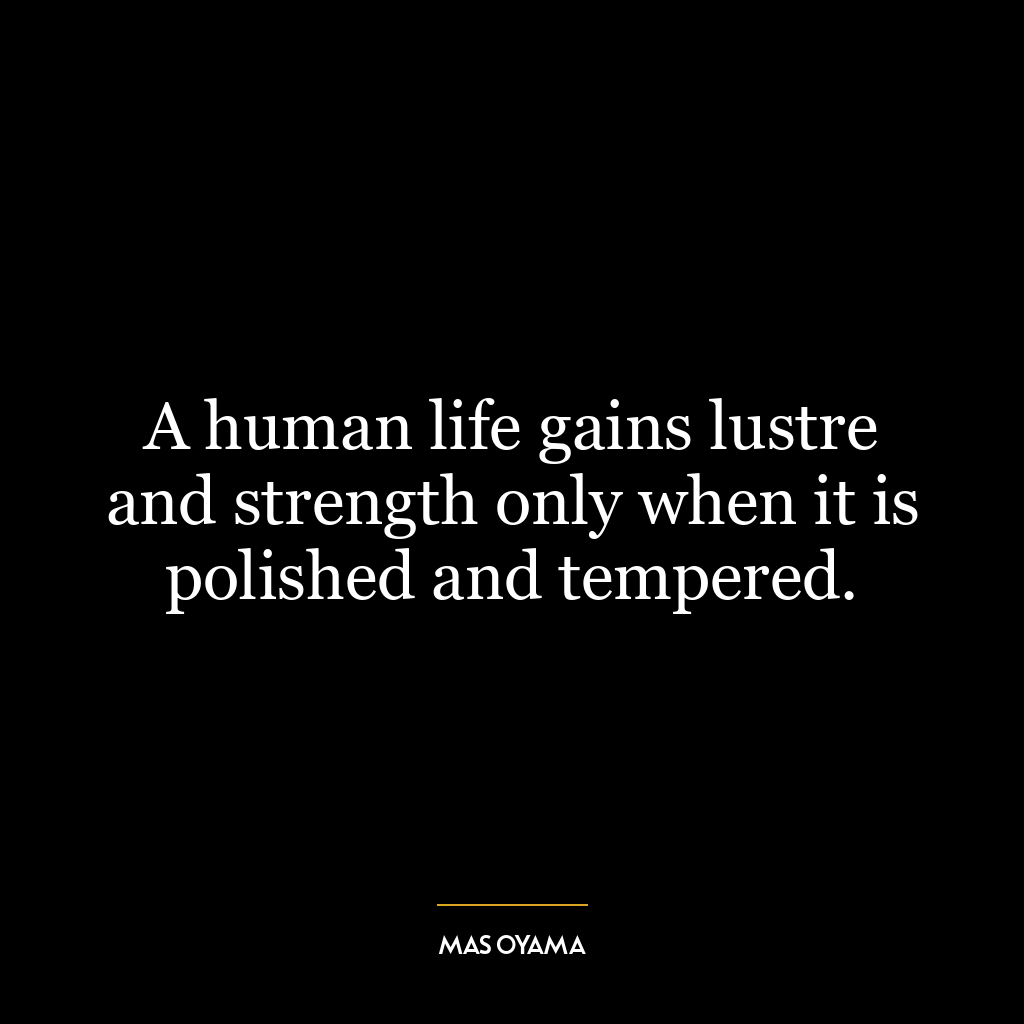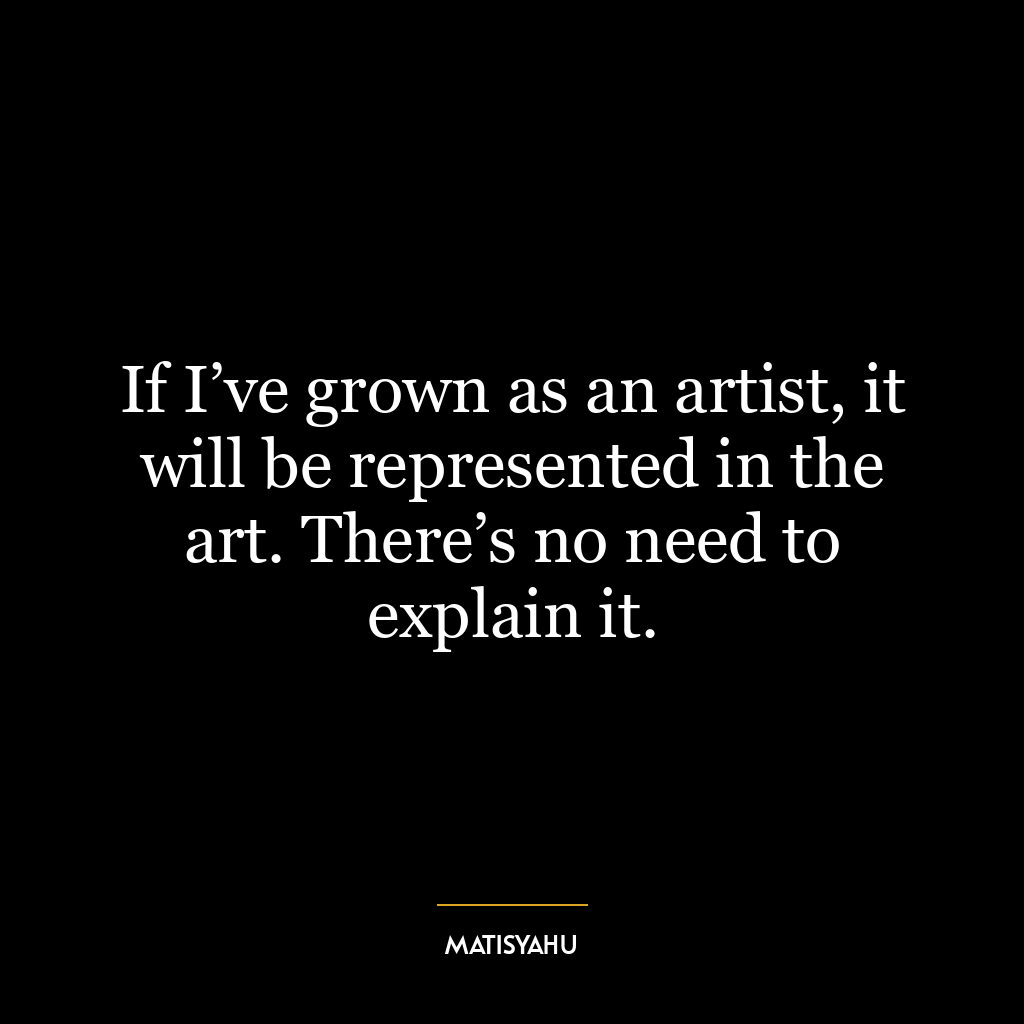The more you believe in your own limitations, the more limited you become.
This quote suggests that our beliefs have the power to shape our reality, particularly when it comes to personal limitations. In other words, if you believe that you’re incapable of achieving something, that belief itself becomes the biggest obstacle to your success. The power of the mind is such that it can turn self-imposed limitations into self-fulfilling prophecies. Conversely, if you believe you’re capable of achieving something, even if it’s challenging, you’re more likely to find a way to make it happen.
The concept is deeply rooted in the psychological theory of self-efficacy, which refers to an individual’s belief in their capacity to execute behaviors necessary to produce specific performance attainments. High self-efficacy can enhance human accomplishment and personal well-being in many ways.
In today’s world, this idea is especially relevant. In an era where information is readily available and opportunities are abundant, our mindset can be the difference between success and failure. For instance, if a person believes they cannot learn a new skill because they are ‘too old’ or ‘not smart enough’, they are unlikely to even try, thus limiting their potential.
In terms of personal development, recognizing and challenging self-imposed limitations can lead to growth and achievement. For example, someone who believes they are ‘bad at public speaking’ might avoid situations where they have to speak in front of a crowd, thus missing opportunities to develop this skill. However, if they shift their mindset and start believing that they can improve with practice, they would be more likely to seek out public speaking opportunities and eventually become better at it.
In conclusion, this quote serves as a reminder that our beliefs can either propel us forward or hold us back. Therefore, it’s crucial to cultivate a positive and empowering mindset, as it can significantly influence our actions and outcomes in life.

